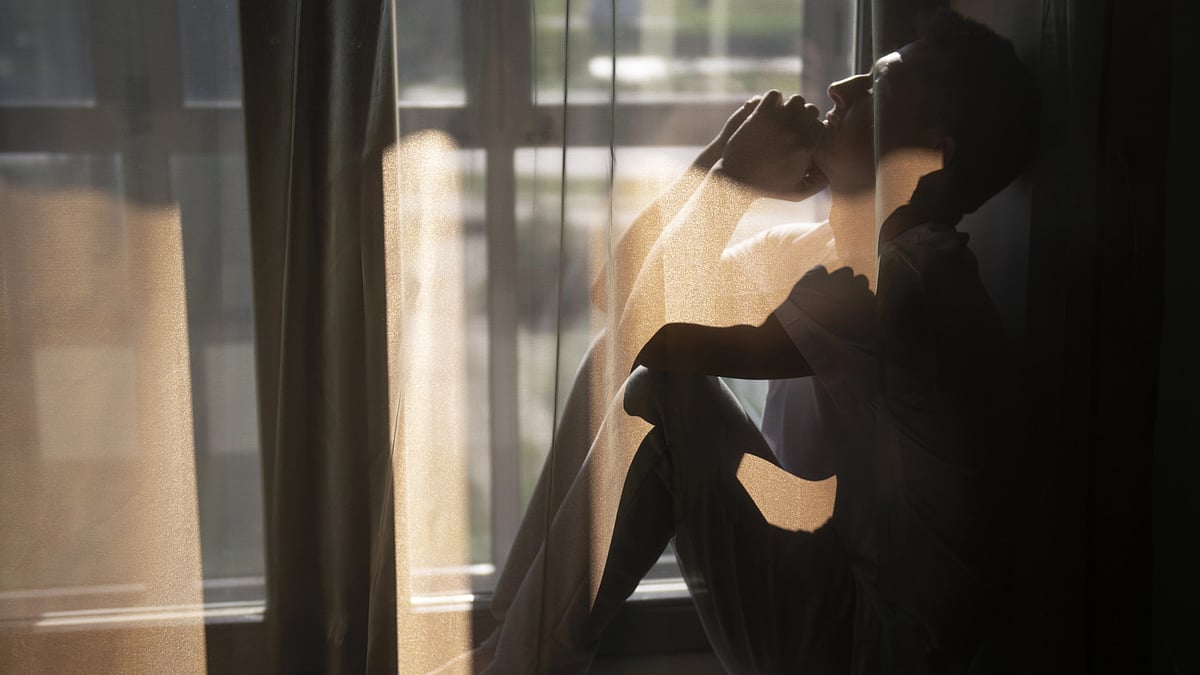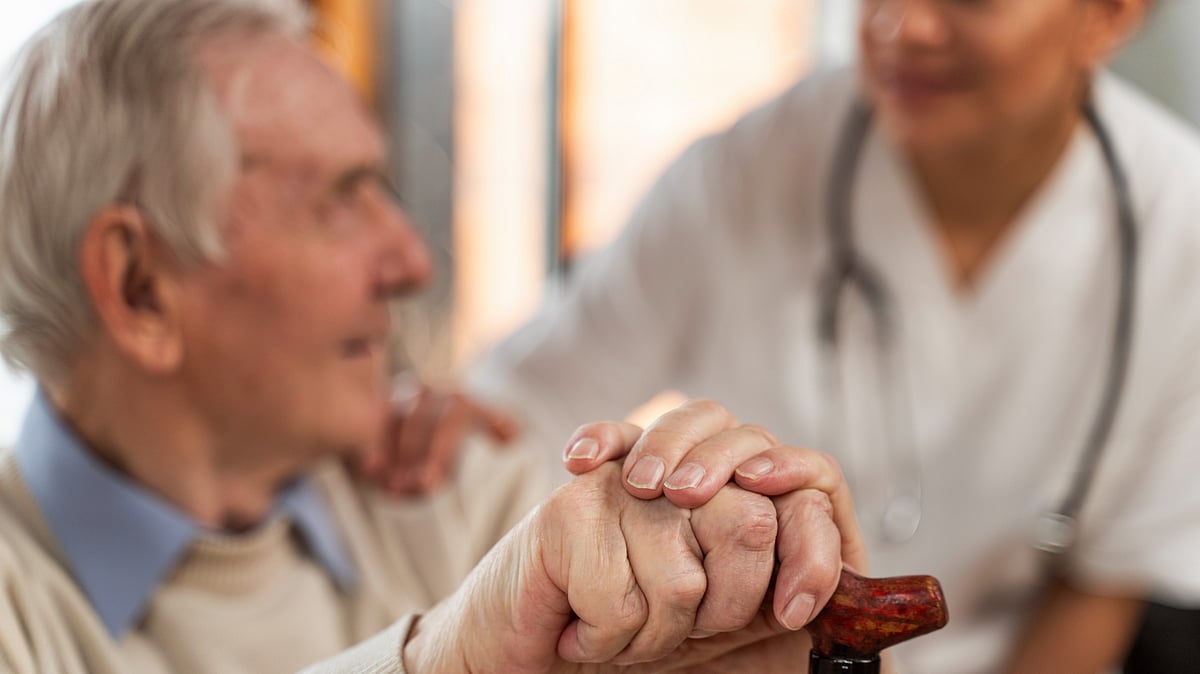Even as the world is seeing a fresh surge in COVID-19 cases, a new study has shown an association between SARS-CoV-2 infections and the onset of mental health disorders like schizophrenia. Schizophrenia is a serious mental condition characterised by hallucinations, delusions and other cognitive impairments. Previous research suggests it may be triggered by viruses, such as the flu or even Covid-19.
Individuals with severe SARS-CoV-2 infection are more likely to develop SSPD and schizophrenia
The new study, not peer-reviewed yet, found a substantial increase in the likelihood of being diagnosed with a schizophrenia spectrum and psychotic disorder (SSPD) after experiencing moderate to severe illness due to SARS-CoV-2 infection, in comparison to a group of individuals who had non-Covid Acute Respiratory Distress Syndrome (ARDS).
"Our study is consistent with the known neurotropism of the SARS-CoV-2 virus and other reports of increased risk of major psychiatric disorders following Covid-19 infection," said Asif Rahman from the Department of Industrial & Management Systems Engineering, West Virginia University.
"Further research is required to identify specific characteristics of populations and individuals who may be at a particularly high risk of developing SSPD and potentially other significant psychiatric conditions following COVID-19 infection. Understanding these psychiatric risks associated with COVID-19 is an essential component of our strategy to address the evolving landscape of long-COVID," added Rahman in the paper posted on a preprint site.
Different from other studies, the team took acute respiratory distress syndrome (ARDS) and COVID-19 negative cohorts as control groups to accurately gauge the impact of COVID-19 on SSPD. Data from 19,344,698 patients were methodically filtered to create propensity-matched cohorts: ARDS, Covid-positive, and Covid-negative. They analysed the hazard rate of new-onset SSPD across three distinct time intervals: 0-21 days, 22-90 days, and beyond 90 days post-infection.
COVID-19-positive patients showed a higher risk ratio
Covid-19 positive patients consistently exhibited a heightened hazard ratio across all intervals, the findings showed. "These are notably higher than both ARDS and Covid-19 lab-negative patients," the team said. "Intriguingly, our data indicated that younger individuals face a heightened risk of SSPD after contracting Covid-19, a trend not observed in the ARDS and Covid-negative groups," they added.
The study underscores the vital importance of keeping a close watch on the mental well-being of those recovering from Covid-19. Their persistent increased risk points to a wider societal concern, especially regarding severe psychiatric conditions like SSPD.










